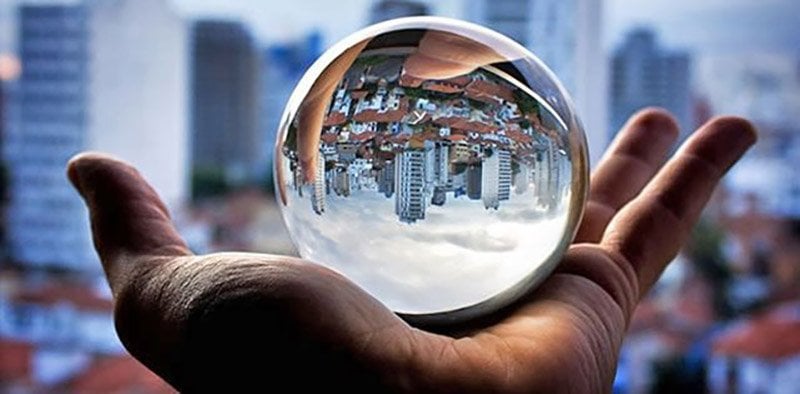
Paris in the Twentieth century is a novel written by Jules Verne and published in…the 1990s.
Now if you’ve heard about the book without having read it, it’s probably for 1 of 2 reasons. Either you’ve heard about its late discovery by his great grandchildren, or for its wonderous predictions about future technology which were really close to the truth.
However, that is often where the popular analysis ends. (In my experience at least, you might have had a different one obviously).
The book also delves into social questions as well. Verne wrote the book with a future warning, and his publisher prevented the publication of the book specifically because it was too dark and dystopia compared to Verne’s previous novels.
In the book, a young prodigy graduates at the age of 16 with a degree in literature. However, as he explores the titular Paris, he finds that his skills are unwelcome and the arts forgotten in exchange for undying efficiency and technological development. He only manages to barely get a banking job that allows him to live and pursue art. Love even has its luster stolen, as people are so worked to the bone that everyone had become cynical and neurotic.
The book is treated, rightly, as a dystopia. However it isnt dystopia in the 1984 sense. Even taking a cursory glance at 1984 or Farenheit 451 or HG Welles fictional society in The Time machine, you can see that those places are not places you would want to live in. And you wouldn’t blame people for wanting to leave them, or change the system…The world in this book, though, it really is a beautiful world when you look in from the outside. Without venturing through the struggles of Michel Dufrénoy and his friends and family, all you can see are the technological marvels of the world.
Elevators, planes, quality rail. Even the end of war, since war is now fought by chemists and machinists and technology has made war too costly for great powers to fight eachother as they had decades previously.
Doesnt this all sound familiar? Everytime I hear someone say something like “your an idiot for getting a liberal arts/philosophy/etc. Degree” I think back to this story. And everytime I hear people complain about the lack of “traditional women” I think back to this story. (Funnily enough, both of these are said by the same type of person, despite their cause being the same. Meaning you cannot have one without the other.)
And everytime I hear about the great peace we live in today and how we should be so greatful for the times we live in, I think back to that story, and it’s ending.
(Spoilers)
>!In the end, global climate shifts and an unprecedented winter destroys that year’s crops. Mass famine erupts, and thousands starve in the streets as Michel freezes to death, searching for his love who was evicted from her home.!<
Those are the things I think about when Paris in the Twentieth century is mentioned. Those are the things I think about when I’m told to be grateful for the technological times we live in. And I think those *should* be the things thought about. Those are the principles contradictions of the society we live in. And if today we praise Verne for predicting the elevator and jet aircraft, then I think he should also be praised for his predictions about society and culture.
Note: For some reason I can’t post without a link so the link is just some article that kinda exhibits my point.
by Radiant_Ad_1851

1 Comment
Lol I honestly don’t judge anyone for going to art school or liberal arts since everyone I’ve met from there were wealthier than I am. Usually from family but still!